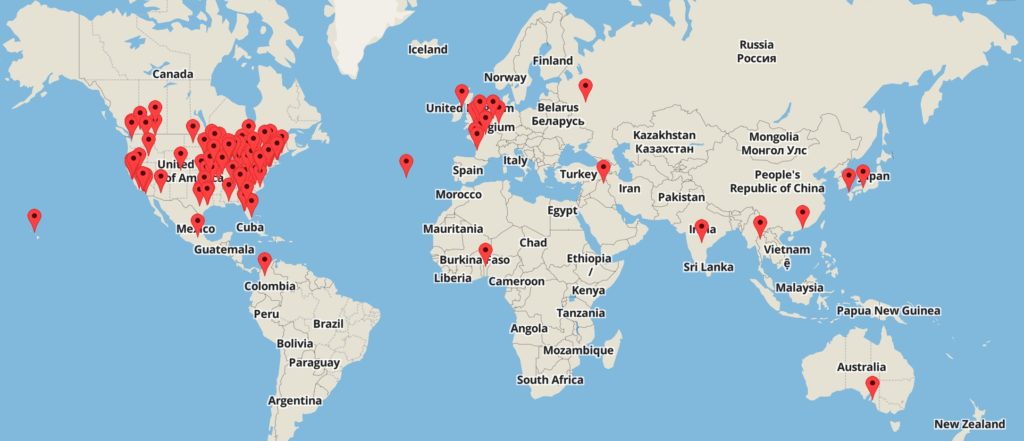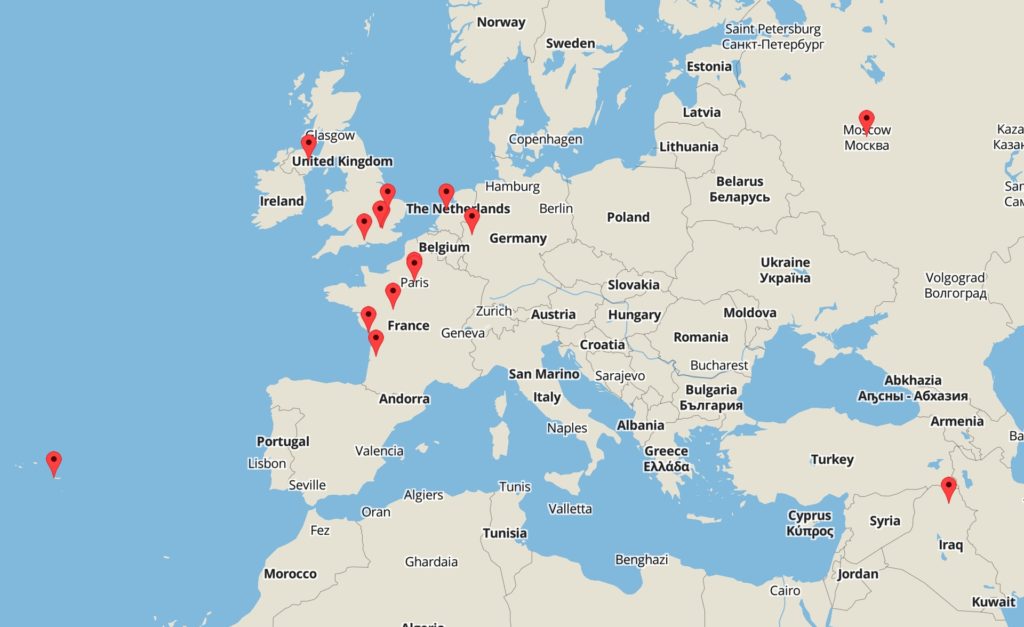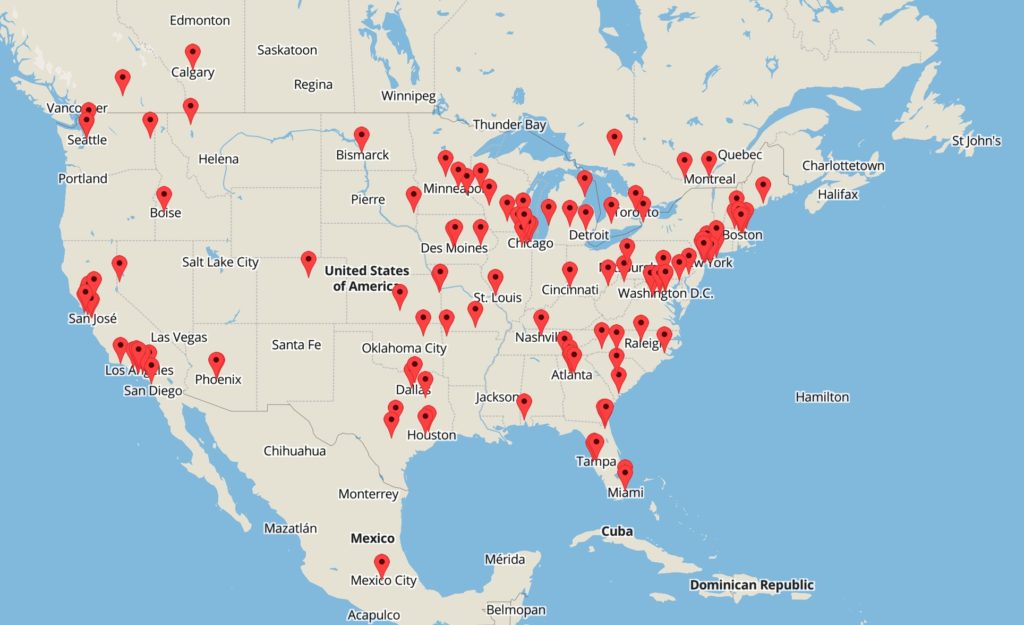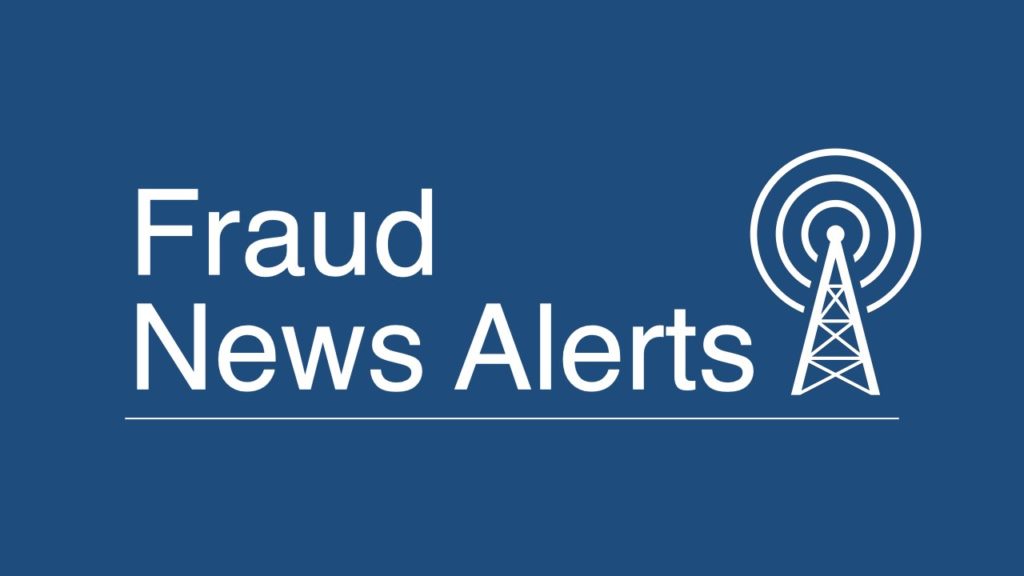Brief Introduction
Security software for computers and devices can help provide some protection, but having an awareness of scams is essential to avoid getting taken advantage of by scams using text messages, email, phone calls, Facebook messenger, fake websites, and postal mail.
Using This Site
There are a few ways to use this site:
- SEARCH SITE — Use the search box at the bottom of the page.
- EXPLORE TOPICS — Explore some of the popular topics below.
- RESOURCES — See the Resources page. [View]
- VIEW POSTS — View the most recent posts, and explore older ones. [View]
- WHAT’S NEW — Read news of new content and site changes on the What’s New page. [View]
Scam Detector App
Norton has developed a free interactive app that uses AI to identify scams. It can analyzed an image, text message, or website address and provide insights into authenticity. Here are links to more information.
Popular Topics
Popular topics recently have been:
- Amazon Purchase — You may receive an email, text, or call about an amount of money you owe Amazon for a purchase. Or perhaps regarding an amount of money you have already paid. These are usually fraudulent. Do not respond. Instead, login to the official Amazon website to see if any unusual transactions have occurred. You can also contact your bank or credit card provider to confirm if any charges were made. Amazon will never ask you to go to the drug store or Walmart to purchase gift VISA cards. [More]
- Facebook Imposter Profile — A common Facebook fraud involves a scammer creating a duplicate user account to look like yours. From the duplicate imposter account, friend requests will be sent to people listed as your Facebook friends. This page describes what you can do to prevent this or respond if it happens. [More]
- Norton Antivirus Billing — You may receive an email notifying you of a fee for renewing Norton Antivirus. These are generally fake. If you have a subscription, you should be able to go to the official website to confirm your subscription status. Don’t respond by email or phone to any suspicious requests.
- Your Computer is Locked — You may get a notification on your computer screen stating the computer is locked due to a virus identified on the computer, or some other reason. These are typically fake and request that you “Call Microsoft” with a number that is displayed. This is a fraudulent attempt to get access to your computer and/or get your credit card details. [More]
- Zelle Bank Transfer — You may be contacted by someone claiming to be representing your bank. They may even know your name, address, birthday, and other details. Do not interact with such people. Contact your bank directly to inquire about any Zelle transfer. [More]
About
This site is maintained by tech support professionals who submit samples of current phishing emails, frauds, and scams. [More]
Visitor Maps
The maps below show approximate locations of recent visitors to the site as of Feb 2023. Some of these visits may represent VPN locations. So, the maps are a general geographic representation. The maps are offered to provide an insight into how widespread the problem of fraud is.



